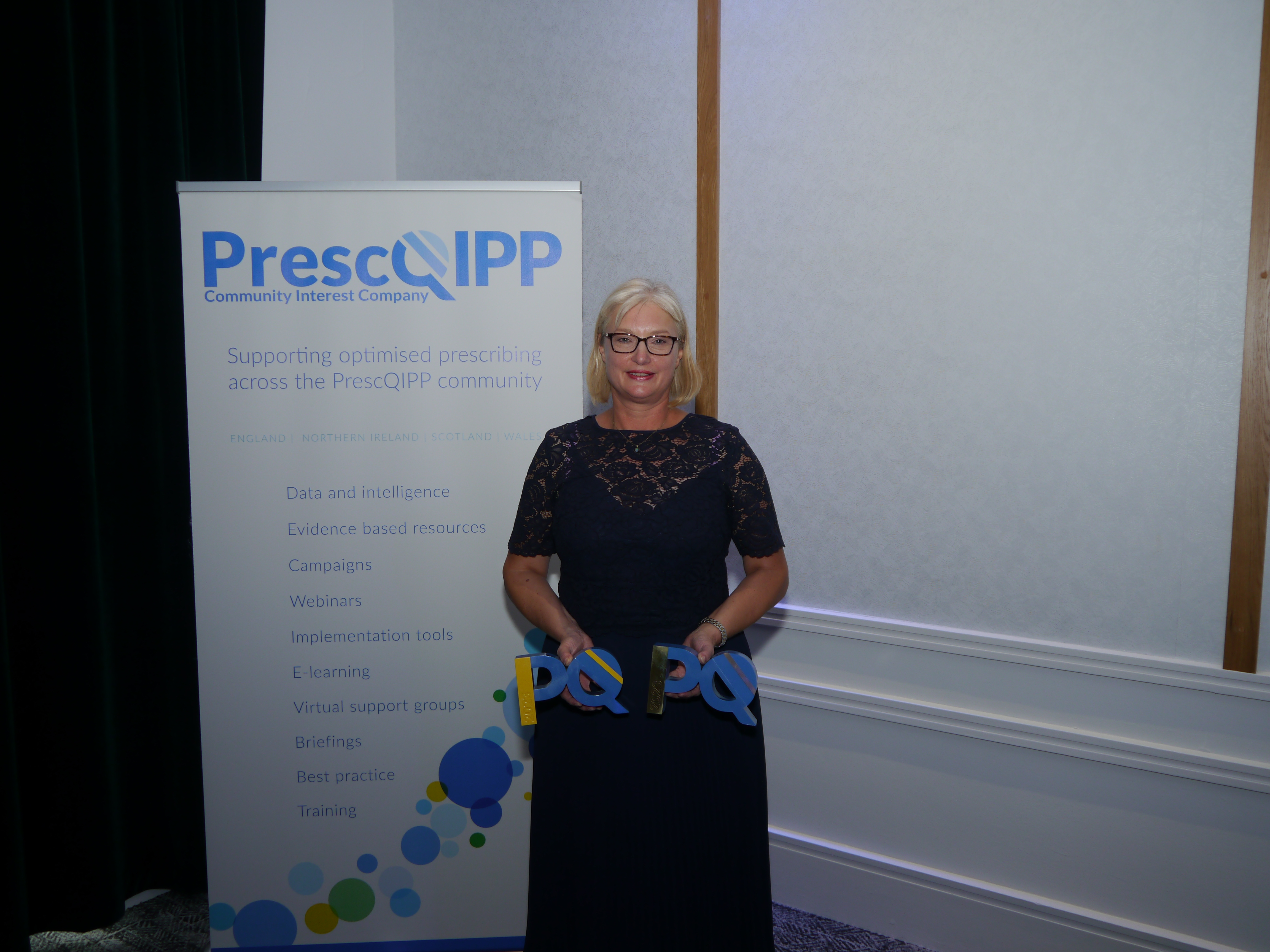This was a Quality Improvement Project to evaluate the benefits of deprescribing inappropriate medicines in dementia patients. 23 residents in one dementia care home were reviewed, with an average age 85 years. A total 288 repeat medications were being prescribed (equating to an average of 12.52 medicines per resident) so polypharmacy was commonplace. I found that 25% of all the medicines prescribed had an anticholinergic burden (ACB) and 16 of the residents had an ACB score of more than three. After the reviews were completed a total of 60 medications were stopped reducing the average tablet burden to 9.91 medicines per resident but more importantly the ACB score for 19 of the residents was reduced to below 3 with 5 residents having their score reduced to zero.
The annualised savings in terms of inappropriate drugs stopped totalled £9,611.94 which is an excellent return on investment of 21%. Furthermore, it can be estimated that at least 8 residents have avoided a Hospital Admission Related to a Medicine (HARM) saving the NHS a further £8000 so a total ROI of 41%.
The more significant saving cannot be defined in terms of money and that is the improved quality of life and life expectancy of the residents in this dementia care home. Approximately half the residents have now reduced their odds of dying within the next two years by approximately 68% because of stopping/ reducing medications with a high ACB score. Another quarter of the residents will have a better quality of life and improved cognition. The care home has already reported that the residents have suddenly come 'alive' again and where they were previously immobilised by sedating medication are now in some cases independently mobile in the care home and enjoying activities of daily living

Please login to view this content